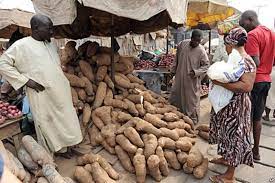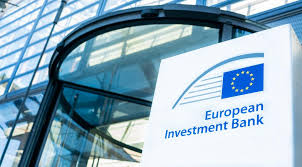Following changes to its foreign exchange market and the elimination of a gasoline subsidy, Nigeria might save up to 3.9 trillion naira ($5.10 billion) this year alone, according to a report released on Tuesday by the World Bank. However, the organization issued a short-term inflation warning.
Nigerian President Bola Tinubu is implementing the largest reforms the nation has seen in decades, including eliminating the well-liked but expensive gasoline subsidy and consolidating the nation’s various exchange rates.
During a presentation in the nation’s capital Abuja, Alex Sienaert, the World Bank’s senior economist for Nigeria, stated that the savings from the changes did not amount to a fiscal windfall.
They prevent Nigeria from crossing what you would refer to as the fiscal cliff. They actually created the foundation for a fresh, upward trajectory for Nigeria’s growth, according to Sienaert.
He predicted that the economy of Nigeria would expand by 3.3% this year and 3.7% the following.
Nigeria has long been urged by the World Bank and International Monetary Fund to end its $10 billion-per-year fuel subsidy and liberalize its currency.
Siernaet said that Nigeria should lift limitations on a list of 43 products, including sugar and flour, that the central bank claims cannot be supported by authorized dollar sales in order to further its foreign exchange reforms.
The naira, which has fallen to record lows since forex restrictions were lifted, is anticipated to stabilize at a rate close below 700 to the dollar, according to Tinubu’s monetary policy advisor Wale Edun.
According to Siernaet, inflation, which reached 22.41% in May, will increase further as a result of the reforms, and an additional four million Nigerians may have fallen into poverty in the first five months of this year as a result of high prices.
To protect workers from the effects of the loss of gasoline subsidies, labor organizations are urging Tinubu’s administration to increase the monthly minimum wage by a factor of more than six.
According to the World Bank, Nigeria is one of the least developed nations in the world and has the second-largest population of poor people.




















